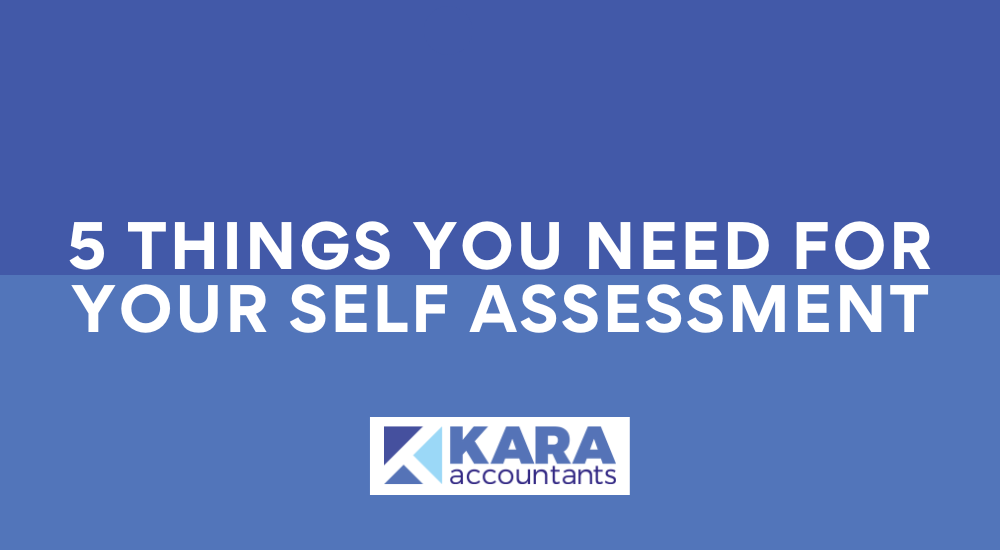
5 Things You Need For Your Self Assessment
Your self-assessment tax deadline for 2023 (for income earned in 2021-22) is 31 January 2023 at midnight without receiving a penalty. But don’t use this as an excuse to leave it till the last minute – you’ll end up pulling your hair out.
We hate to be that guy but start your tax return today. Make sure you’re registered with the HMRC and then get these five things together to make sure you’re ready to knock this self-assessment out of the park.
1. A List Of Your Income Streams
If you have more than one, congrats. But now make a list of all the areas you receive money from and how much. For example, rental income, bank or building society interest, self-employment income etc. The online form will ask you to recall a lot of this information but it’s helpful for you to be aware of where your money is coming in from too. Depending on how much you earn you may have to pay tax on your savings interest too.
2. A List Of Your Outgoings
Some of your outgoings might be able to be offset against your earnings. Self-employed people can claim the cost of their equipment and clothing as expenses. And if you’ve been forced to work from home because of the pandemic, you can make a claim for some of the associated expenses so highlight those too.
3. Tax Information
If you’re using the self-assessment form for the first time you may need to dig out your taxpayer reference and find your national insurance number. The form will also list all the paperwork you might need to complete the form like a P60 or a P45.
4. A List Of COVID Schemes
If you’ve received COVID support, you’ll need to declare it. The 2020-21 tax return will be the first year that you’ll be able to declare this. HMRC said that more than 2.7 million people claimed at least one self-employment income support scheme payment before 5 April 2021 and things like this need to be declared before the deadline.
5. Your Donation Receipts
If you pay above the basic tax rate, you can reduce your bill by claiming gift aid. You’ll only be eligible if you claimed gift aid when you made the donation in this tax year. The amount you can claim depends on the amount you’ve donated. For example, if you donate £100 to charity, they will gift aid to get an extra £125. You pay 40% tax so you can claim back £25 (£125×20%).
Once you’ve filed you can relax and your barnet can heave a sigh of relief. It’s safe for another year at least. If you need help that’s tailored more to your situation, don’t hesitate to get in touch to get help filing your self-assessment.

This Post Has 0 Comments